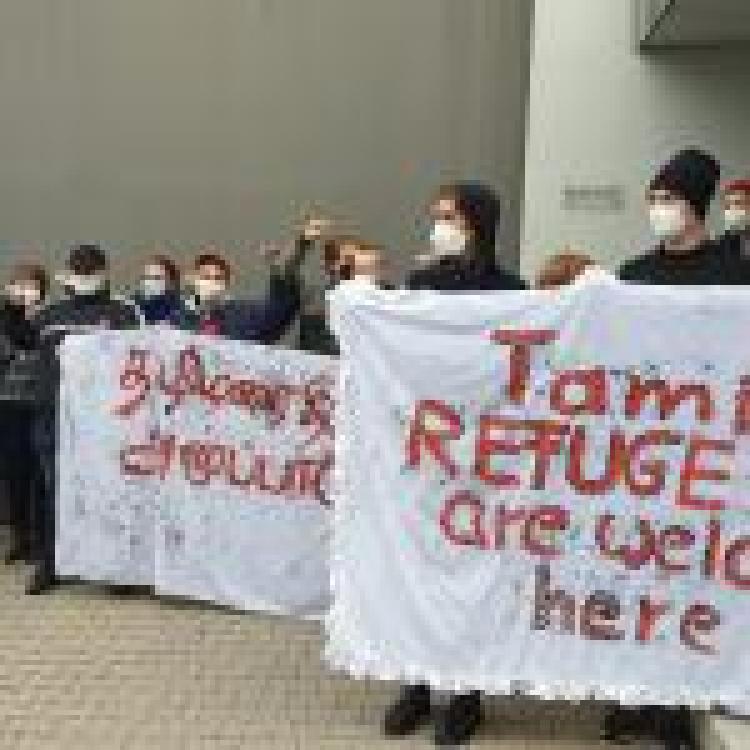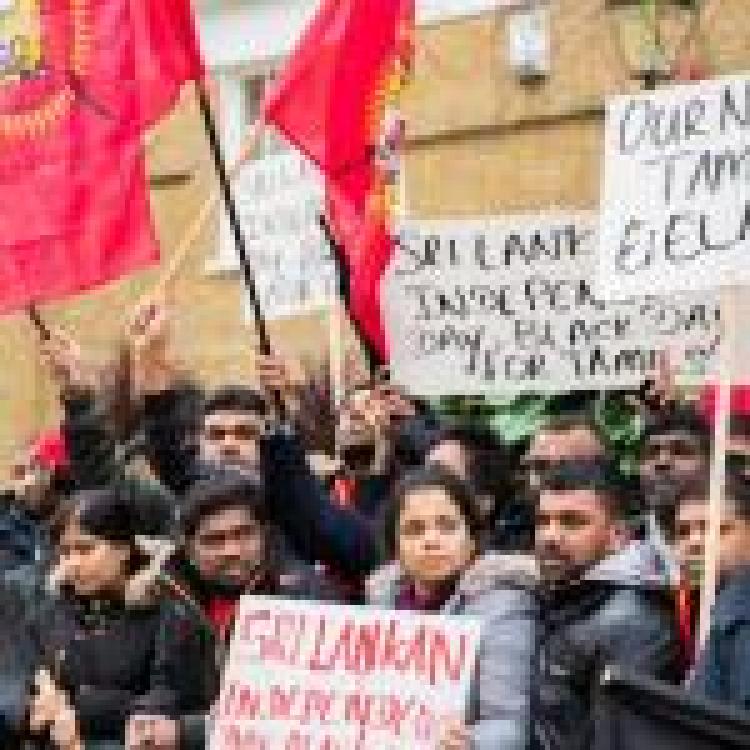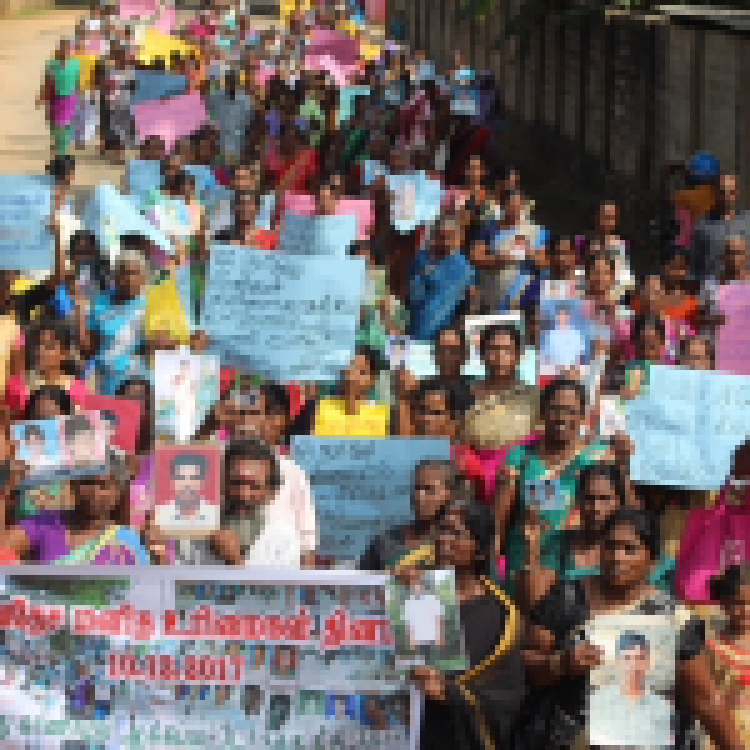Marking, International Day in Support of Victims of Torture, the International Truth and Justice Project (ITJP) released a statement highlighting several recent cases of “abduction and torture of Tamils perpetrated by the Sri Lankan security forces under the government of President Gotabaya Rajapaksa.”
“Sri Lanka has become a world leader in torture, with more than a thousand victims having fled abroad since the end of the war, with the most recent case documented occurring in November 2020”, told Yasmin Sooka, ITJP’s executive director.
She further added:
“Sri Lanka is as well known for torture as it is for cricket. It’s time the whole country fully acknowledges the decades of systematic torture and abuse and stops cheering on the security forces. The victims deserve justice now.”
Within their statement, ITJP highlighted several recent first-hand accounts by torture victims, many of which were “picked up because they were involved in campaigning against the election of President Gotabaya Rajapaksa and participating in protests by the families of the disappeared.”
“Cricket wickets along with chilli powder, plastic bags, petrol, construction pipes, water barrels, electric cables, lit cigarettes, barbed wire, branding irons, and pulleys make up the arsenal of the torturers,” stated Sooka.
One Tamil teenager described “being pushed by men in camouflage uniforms into a green army van, abducted and then tortured and subjected to repeated rapes that he said made him want to die. He described a senior military officer being present at the detention site.”
Another victim stated, “They asked me in broken Tamil who else was involved in the protests and other activities against the government and who had helped the Families of the Disappeared to do these kinds of things. They asked me to identify the other people involved.”
A young Tamil man who fled to the UK after “being tortured and raped by soldiers in late 2019” stated, “They grabbed me, tied my hands behind my back, pushed me into a van and blindfolded me.”
In addition, “one of the youngest witnesses was only 19 when he was detained, tortured and brutally raped. Three of the victims have attempted to kill themselves after reaching safety in the UK.”
Earlier this month, a landmark decision from a British tribunal found that Tamils who engage in a range of political activities in the United Kingdom faced “a real risk of ill-treatment or harm” if deported to Sri Lanka. Previously, only those who had a “significant role” in Tamil activism overseas faced the risk of persecution on the island however, the new ruling works to expand the criteria to include a range of activities from posting on social media to attendance at commemorative events and even signing petitions that could be “perceived as being anti-government.”
Read more here: How a landmark British ruling may save Tamil activists from deportation to Sri Lanka
ITJP's statement follows the continued deportation of Tamil refugees from Germany, despite Germany voting in favour of the UNHRC resolution which recognised the deterioration of human rights violations in Sri Lanka.
“They are all at risk,” a German Tamil activist told the Tamil Guardian. “The British ruling just reaffirms what we already know about the dangers Tamils face in Sri Lanka.”
Read the ITJP's full statement here.




